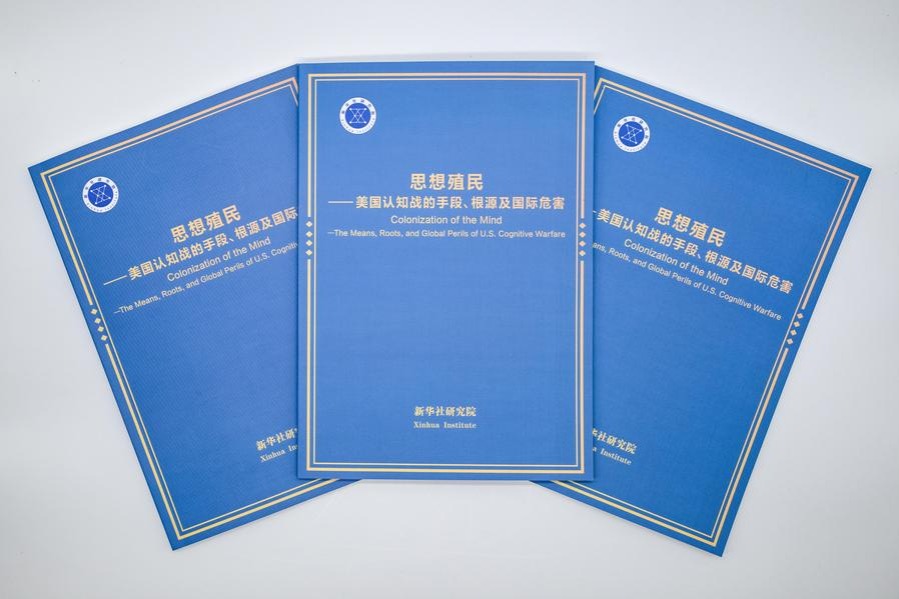Gansu supports development of companies in industrial sector


Northwest China's Gansu province is increasing efforts to support the development of leading companies, enhancing supply chains and fostering industrial clusters in a bid to promote high-quality development of the industrial sector, said an official on Thursday.
Huang Baorong, a member of the National Committee of the Chinese People's Political Consultative Conference, said during the members' passage interviews during the ongoing two sessions, that the province has made many achievements in the industrial sector such as being the birthplace of China's first petroleum industrial base and launching the first artificial satellite.
Huang said new industrialization goes beyond such big achievements, and small and medium-sized businesses can also contribute to this process.
New industrialization, as mentioned in this year's Government Work Report, requires further efforts to leap further with innovation being a key, so as to steadily foster new growth drivers and strengths.
Huang shared a story about a local entrepreneur named Wang Bing, who recognized the potential of developing a unique regional delicacy, pickled vegetables in fermented cereal soup. Through collaboration with research institutions, Wang conducted over 14,000 experiments, optimizing probiotics and developing a series of popular products like instant noodles in fermented cereal soup.
Huang said by adopting standardized, branded, and digital operations and focusing on specialized products and continuous product innovation, a local private enterprise transformed traditional homemade snacks into a flourishing industry. He said this is a representative of the new industrialization.
- High penalties suggested for data breaches
- AI risks, collaborative defense focus of Kunming cyber forum
- Draft prison law emphasizes fair treatment for inmates
- Students welcome social media account of RUC's Party secretary
- China Daily app announces winners of limited-edition military models
- China formulates, revises 150 sets of administrative regulations in 14th Five-Year Plan period





































